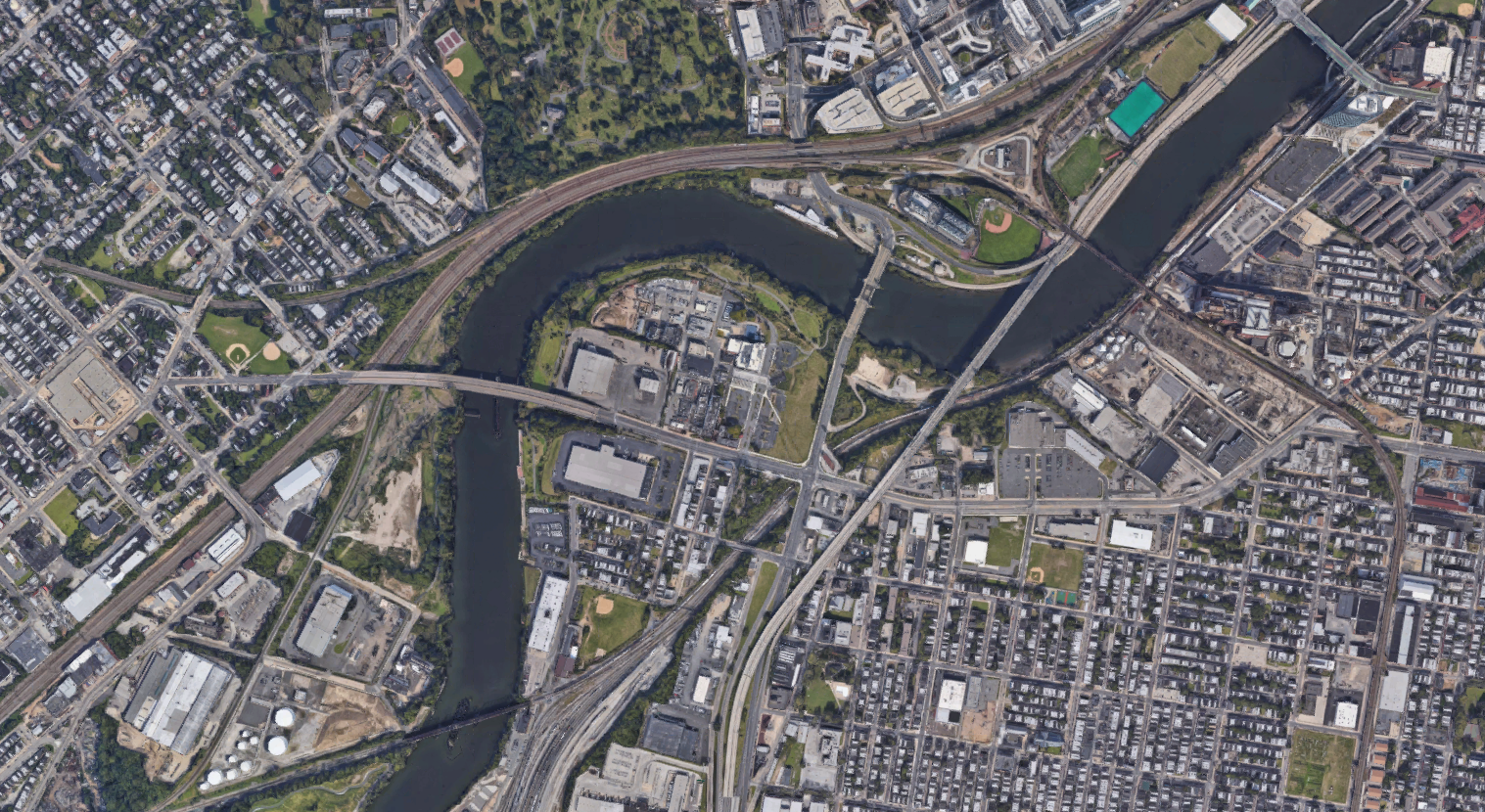Location: Philadelphia, PA
Collaborator: Penn Program in Environmental Humanities, EPA
Tool-making is a signature trait of the human species. What tools can we make, and might we require, in the age of the human, the anthropocene: a name for the present geological epoch when humans are the most potent force shaping earth’s systems? Global warming and other anthropocene challenges, including the ongoing sixth mass extinction event, often lead to apocalyptic visions, or apathy. Through the Ecotopian Toolkit initiative, we explore a longer history of the anthropocene to help represent—and respond to—our contemporary moment. Might a utopian turn help us navigate warmer, rising waters and build new forms of refuge? What tools can STEAM (Science, Technology, Engineering, Arts, and Math) educators in universities, museums, and non-profits design and develop via the history of utopia and its hope for better futures?
In 2018, as a member of the artist group Environmental Performance Agency, I was invited to join the Ecotopian Fellowship program at the University of Pennsylvania, Philadelphia. Working in collaboration with the program’s directors we developed the Embodied Scientist Parkour project.
The Embodied Scientist Parkour brings together the EPA’s past research and a new collaboration with Philadelphia-based artists and students to create a playful and embodied tour of site-specific movement scores, performative gesture scores, and re-imagined field science strategies that explore interspecies collaborations along the Schuykill watershed. The Embodied Scientist scores focus on raising awareness of how plant life and existing ecosystems participate in biological restoration in chosen ecotones along the Schuylkill River and its expansion into historical and present creek streams. The aim of these scores is to invite people into experiencing deepened relationships with natural phenomena and to learn from phenomenological observation of nature’s response to human impact. In collaboration with the UPenn Program in Environmental Humanities. Learn More







